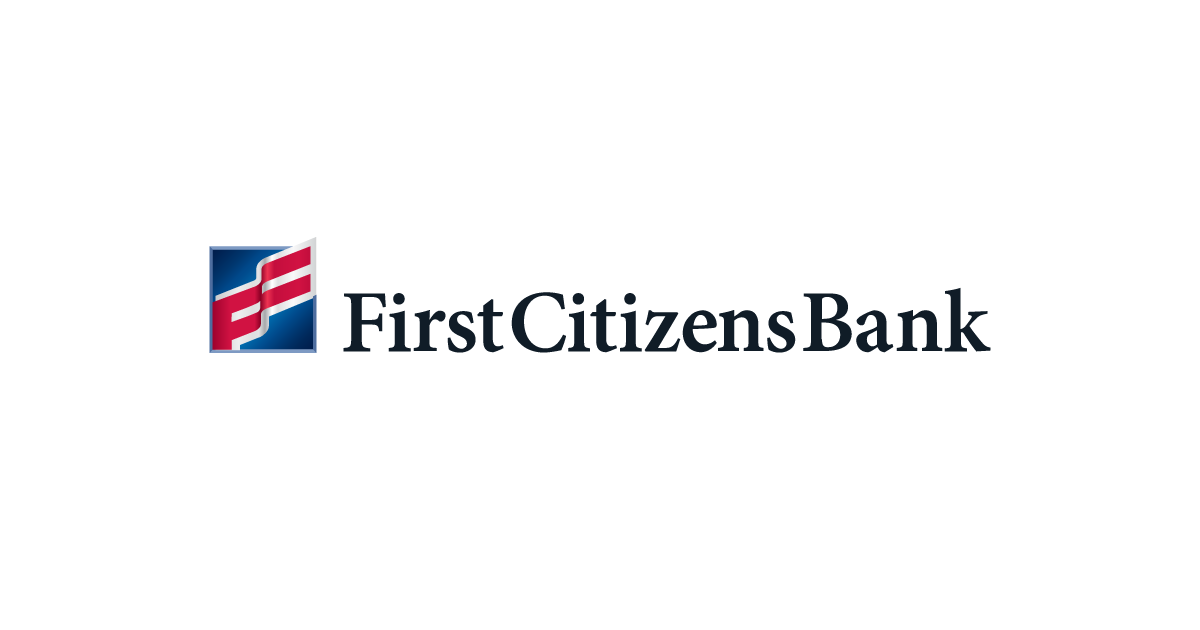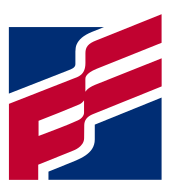Materials Recovery Facilities
562920

 Salem Five Cents Savings Bank (MA)
Salem Five Cents Savings Bank (MA)
Salem Five Bank provides full-service financial services for the Greater Boston area, including banking, mortgage lending, loans, insurance and investments.

PeopleFund (TX)

 First-Citizens Bank & Trust Company (NC)
First-Citizens Bank & Trust Company (NC)
First Citizens provides a full range of banking products and services to meet your individual or business financial needs. Learn more about our products and services such as checking, savings, credit cards, mortgages and investments.
Community Trust Bank, Inc. (KY)
SBA Loans for Materials Recovery Facilities: Financing Growth in Recycling and Sustainability
Introduction
Materials recovery facilities (MRFs) are essential to recycling and waste management, processing mixed recyclables into usable commodities like paper, plastics, and metals. Classified under NAICS 562920 – Materials Recovery Facilities, this industry includes businesses that sort, process, and prepare recyclable materials for resale to manufacturers and other end-users.
As sustainability becomes a global priority, demand for recycling services continues to rise. However, MRFs face significant financial barriers, including high equipment costs, labor demands, and fluctuating commodity prices. Traditional lenders may hesitate to provide financing due to market volatility and the capital-intensive nature of the business. That’s where SBA Loans for Materials Recovery Facilities come in—offering longer repayment terms, lower down payments, and government-backed guarantees to make growth more attainable.
Industry Overview: NAICS 562920
Materials Recovery Facilities (NAICS 562920) operate as the backbone of recycling, taking in curbside collections and industrial recyclables, then separating them into market-ready products. These businesses serve municipalities, waste haulers, and private organizations looking to reduce landfill use and recover value from waste streams.
The industry is expanding due to increased recycling mandates, corporate sustainability goals, and public demand for greener solutions. But volatility in commodity markets, contamination rates in recyclables, and equipment costs pose ongoing financial challenges for operators.
Common Pain Points in MRF Financing
From Reddit’s r/recycling, Quora discussions, and waste management forums, operators highlight the following challenges:
- High Equipment Costs – Sorting machines, balers, conveyors, and shredders require millions in upfront capital.
- Commodity Price Volatility – Market prices for plastics, metals, and paper fluctuate, impacting revenues.
- Labor & Training Costs – Sorting facilities often require significant staffing, plus safety training.
- Regulatory Compliance – Environmental and OSHA standards demand ongoing investment in safety and monitoring.
- Cash Flow Gaps – Municipal contracts may have slow payment terms, creating liquidity issues.
How SBA Loans Help Materials Recovery Facilities
SBA financing provides the capital flexibility MRFs need to stabilize operations, invest in technology, and expand services. Here’s how:
SBA 7(a) Loan
- Best for: Working capital, payroll, parts inventory, or debt refinancing.
- Loan size: Up to $5 million.
- Why it helps: Covers operating costs, purchase of replacement equipment, and cash flow management.
SBA 504 Loan
- Best for: Facilities, heavy machinery, and large-scale recycling infrastructure.
- Loan size: Up to $5.5 million.
- Why it helps: Ideal for building or expanding MRFs, purchasing balers, shredders, and conveyor systems.
SBA Microloans
- Best for: Smaller recycling startups or niche processors.
- Loan size: Up to $50,000.
- Why it helps: Covers startup expenses like safety gear, certifications, or small-scale equipment.
SBA Disaster Loans
- Best for: Recovery after natural disasters, facility damage, or supply chain disruptions.
- Loan size: Up to $2 million.
- Why it helps: Provides emergency funds to restore operations quickly and meet contract obligations.
Step-by-Step Guide to Getting an SBA Loan
- Check Eligibility – Must be a U.S.-based, for-profit business. Credit scores of 650–680+ are generally required.
- Prepare Documentation – Include tax returns, municipal contracts, equipment purchase plans, and compliance records.
- Find an SBA-Approved Lender – Seek lenders experienced in capital-heavy industries like manufacturing or waste management.
- Submit a Strong Application – Highlight long-term contracts, sustainability demand, and strong community impact.
- Approval & Funding – SBA guarantees lower lender risk, with approvals typically taking 30–90 days.
FAQ: SBA Loans for Materials Recovery Facilities
Why do banks hesitate to finance MRFs?
Banks often view MRFs as risky due to fluctuating commodity prices, high capital needs, and regulatory requirements. SBA guarantees help offset these concerns.
Can SBA loans fund sorting equipment and facility upgrades?
Yes. SBA 504 loans are ideal for purchasing balers, shredders, conveyors, or expanding processing facilities.
How much of a down payment is required?
Most SBA loans require 10–20% down, making them more accessible than traditional financing.
Are startups eligible for SBA loans in this sector?
Yes. Startups with strong business plans, municipal contracts, or private agreements can qualify for SBA loans.
What are typical SBA loan terms?
- Working capital: Up to 7 years
- Equipment: Up to 10 years
- Real estate/facilities: Up to 25 years
Can SBA loans help with cash flow gaps caused by municipal contracts?
Absolutely. SBA loans are designed to provide working capital that bridges delays between contract work and payment collection.
Final Thoughts
Materials recovery facilities are central to building a sustainable, circular economy, but financial barriers often slow growth. SBA Loans for Materials Recovery Facilities provide the affordable, flexible capital needed to invest in equipment, expand facilities, and stabilize cash flow.
Whether you’re modernizing a recycling plant, expanding your service contracts, or investing in new technology, SBA financing gives your facility the tools to thrive. Connect with an SBA-approved lender today to explore your options.
Filters
Tags
#Preferred Lenders Program
#SBA Express Program
#Existing or more than 2 years old
#Startup
#Loan Funds will Open Business
#Fixed Rates Startup
#Change of Ownership
#New Business or 2 years or less
#7a General
#Variable Rates
#Fixed Rates
#Standard Asset Base Working Capital Line of Credit (CAPLine)
#International Trade Loans
#Export Express
#7a with WCP
#Contract Loan Line of Credit (CAPLine)
#7a with EWCP
#Unanswered
#Preferred Lenders with WCP
#Preferred Lenders with EWCP
#Seasonal Line of Credit (CAPLine)
